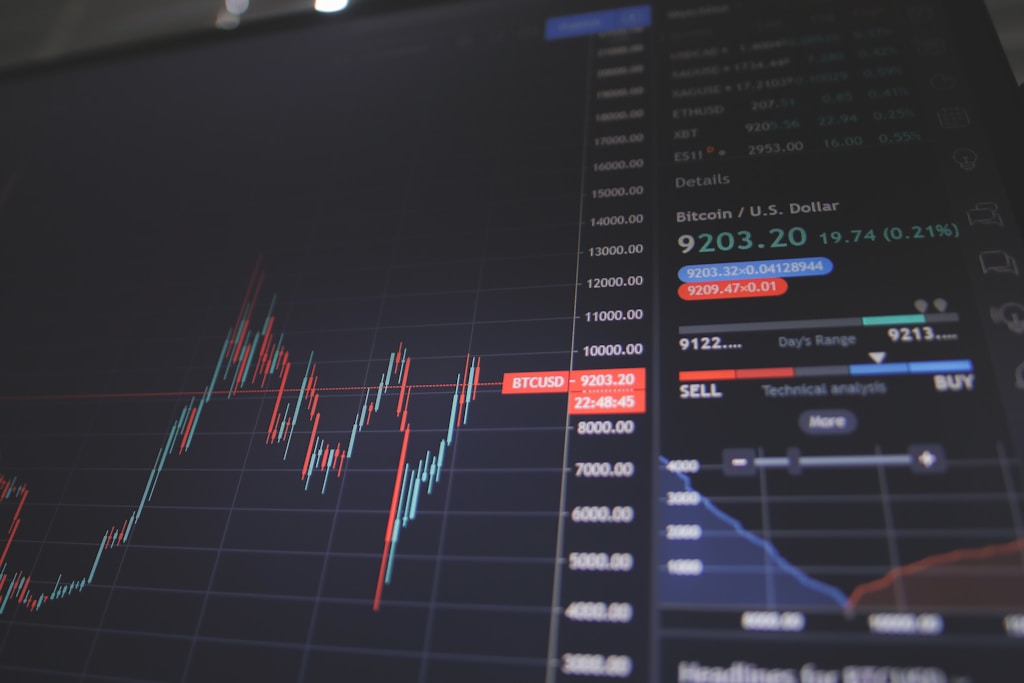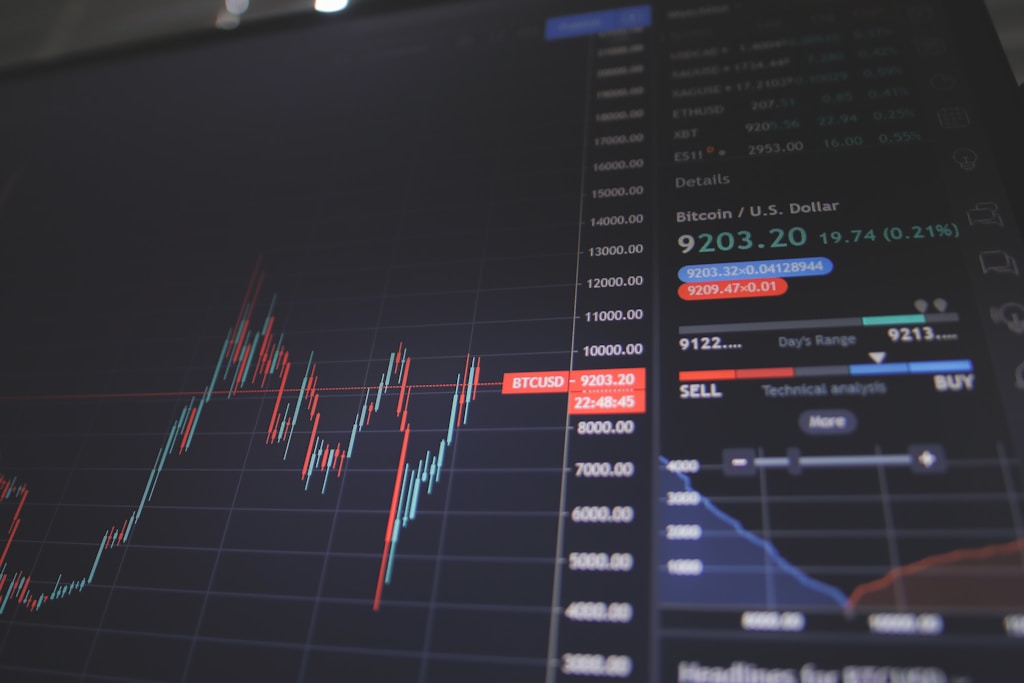In a significant regulatory move, Bolivia’s President Luis Arce has issued an executive order prohibiting the state oil company from utilizing cryptocurrencies for energy settlements, marking a decisive stance against digital asset adoption in the nation’s energy sector.
Key Takeaways from Bolivia’s Crypto Ban
- Executive order specifically targets state oil company’s settlement practices
- Ban aims to curb speculation in cryptocurrency markets
- Affects transactions on major exchanges including Binance
- Represents a shift from recent positive crypto integration signals
This regulatory action comes at a time when other nations are also implementing stricter crypto regulations, highlighting a growing trend of government intervention in digital asset usage within strategic sectors.
Understanding the Impact on Bolivia’s Energy Sector
The executive order specifically targets the use of cryptocurrencies and stablecoins in energy-related transactions, demonstrating the government’s concern over financial stability in critical infrastructure sectors. This move could significantly impact how energy companies in Bolivia conduct international transactions and manage cross-border settlements.
Implications for Regional Crypto Adoption
The ban represents a significant setback for cryptocurrency adoption in South America, particularly as other countries in the region have shown increasing openness to digital assets. This regulatory stance could influence neighboring nations’ policies regarding cryptocurrency use in state-owned enterprises.
FAQ Section
What does this ban mean for private energy companies in Bolivia?
The executive order specifically targets state-owned enterprises, but could set a precedent for broader regulation of the private sector.
How does this affect international energy trading with Bolivia?
International partners will need to utilize traditional payment methods for energy-related transactions with Bolivian state entities.
Will this impact Bolivia’s broader crypto regulations?
This move suggests a more conservative approach to cryptocurrency regulation may be forthcoming in other sectors.
Looking Ahead: Future of Digital Assets in Bolivia
While this ban represents a significant regulatory hurdle, the crypto industry continues to evolve globally. Market participants will be watching closely to see how this policy affects Bolivia’s position in the international energy market and its approach to financial innovation.


